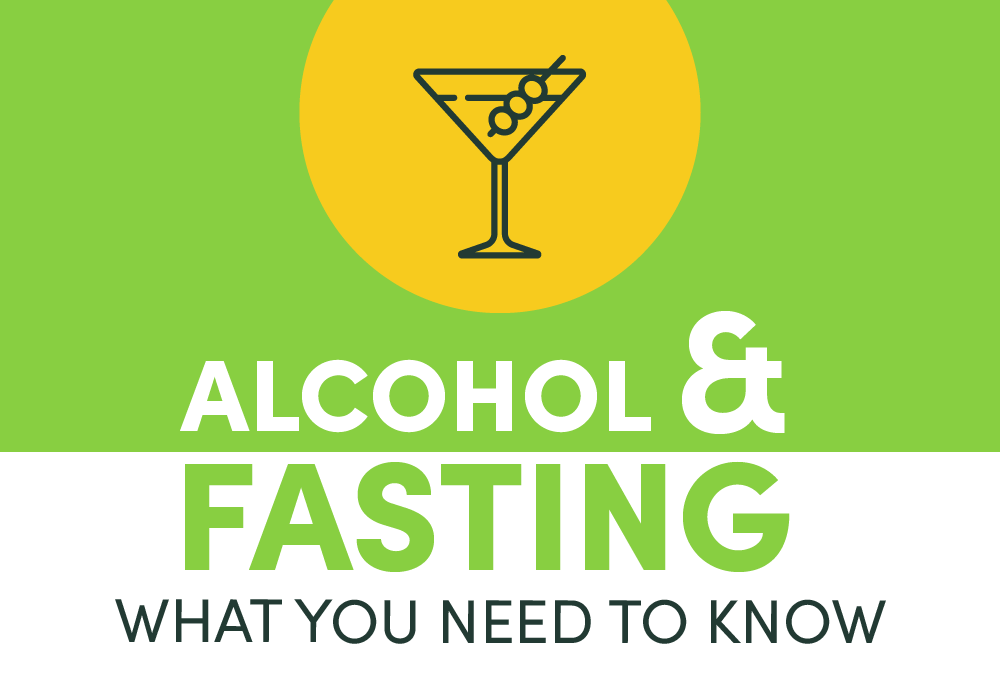
Alcohol and Fasting: What You Need to Know
Fasting is one of the most popular health trends on the planet. Not only can it help you lose weight, but research shows that fasting has been linked to many other health benefits like reducing inflammation and improving heart health. However, a lot of people wonder if alcohol affects fasting at all? This article explains what you need to know about alcohol and fasting.
How Alcohol Affects Fasting
If you use fasting as a way to lose weight, alcohol can slow it down. For starters, studies show that alcohol can reduce your body’s ability to burn fat for as long as five hours after eating. Also, alcohol can make you hungrier and possibly overeat (1, 2).
Alcohol isn’t calorie-free—it’s one of the more calorie-dense macronutrients. One gram of alcohol has seven calories, so a standard drink can easily add more than 100 calories to your daily intake. If you have a few drinks here and there, it can quickly add up (3).
Not to mention, drinking too much alcohol frequently can promote inflammation, overwhelm your liver, and counter many health benefits from fasting (4, 5, 6).
Summary: If you’re using fasting to lose weight, alcohol may slow your progress. Not to mention, drinking too much alcohol can increase inflammation and negatively affect your health.
It’s Important to Note: Drinking Alcohol Isn’t Entirely Bad
In fact, small amounts of alcohol—especially a glass or two of red wine—can be healthy. If you want to drink alcohol while you’re fasting, you should only drink it during your eating window and limit your intake to one to two standard drinks per day.
Although fasting doesn’t have strict calorie rules, it’s best to choose lower-calorie options like red wine or hard spirits, and avoid sugary mixers that add unnecessary calories.
Summary: If you’d like to drink alcohol while fasting, limit yourself to one to two standard drinks per day, and enjoy them during your eating period rather than outside of it.

